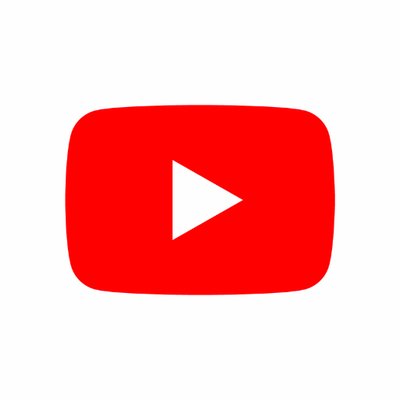YouTube censors lifesaving abortion information
YouTube removed the video channels from Women on Waves and Women on Web. Both channels contained animations with lifesaving information about safe and effective ways to do an abortion with medicines.
By censoring information on safe abortion, YouTube may contribute to the morbidity and mortality of unsafe abortion in a manner inconsistent with human rights under international law. By removing the video channels, YouTube violates Article 19 of the Universal Declaration of Human rights, the right to freedom of information as well as Article 10 of the European convention of human rights, the freedom of expression.
Both organisations filed a complaint with YouTube and will consider legal steps if Youtube does not put the information back online.
Women on Waves (“WOW”), is a Dutch a non-profit organization providing safe abortions and other sexuel health services with ships and drones.
Women on Web is a non-profit organization supporting women around the world with information about safe medical abortions since 11 years. Research into the outcome of the service has proven is a legal and very safe alternative for women who have no access to local services because of legal restrictions or social/economic circumstances. The WHO organization recognized Women on Web as a safe abortion service .
By removing material that provides life saving information to women all around the world, Youtube is endangering women’s health.
Background information
The medicines used for a medical abortion, mifepristone and misoprostol, have been on the list of essential medicines of the WHO since 2005 and are available in almost all other European countries.
Scientific research by the World Health Organisation has shown that medical abortion can easily be done by women themselves at home without supervision by health professionals. A medical abortion has the same health impact as a spontaneous miscarriage. Usually women themselves handle a miscarriage without additional medical supervision.
Human right to safe abortion and abortion pills
General comment No. 22 (2016) on the right to sexual and reproductive health (article 12 of the International Covenant on Economic, Social and Cultural Rights) states that, “Essential medicines should also be available, including a wide range of contraceptive methods, such as condoms and emergency contraception, medicines for abortion and for post-abortion care, and medicines, including generic medicines, for the prevention and treatment of sexually transmitted infections and HIV.”
Youtube’s violations of Human rights:
1- Article 19 of the Universal Declaration of Human rights, the right to freedom of information
2- Article 10 of the European convention of human rights, the freedom of expression.
The Adverse Impact of Youtube’s censorship
We are concerned about the adverse effect of the censorship by YouTube for women seeking safe and lawful abortion services.
Unsafe abortion is a major cause of maternal mortality and morbidity worldwide. Every year an estimated 25.1 million unsafe abortions take place around the world and as a result, 46000 women die and millions more suffer with complications from unsafe abortion. Unsafe abortion is a consequence of access barriers to safe and lawful services.
Access to information – the right to seek, receive and impart information on health issues – is a key determinant of access to health care. This is especially true respecting access to abortion services. Many women seek unsafe abortion because they lack access to information on the legal status of abortion and the availability of services. Animations that provide information about safe abortion methods can therefore reduce recourse to unsafe abortion.
The internet and especially YouTube is a primary information source. It is of particular importance to individuals who lack access to traditional sources of health information. The stigmatization of abortion, attributable in part to its criminal regulation, also deters women from inquiring about the availability of services. Women may be reluctant to request services for fear of health provider judgment or refusal, and public disclosure and retribution from families and communities. Many women, for this reason, do not consult their regular health providers and seek care outside their communities. They are without traditional sources of health information. Recognizing the vulnerability of women seeking inter-jurisdictional access to abortion services, the European Court of Human Rights has emphasized the right to impart and receive information on abortion services as essential to ensuring women’s health and well-being.
By restricting access to information on safe and lawful abortion, YouTube may thus contribute to unsafe abortion in a manner inconsistent with human rights under international law.
